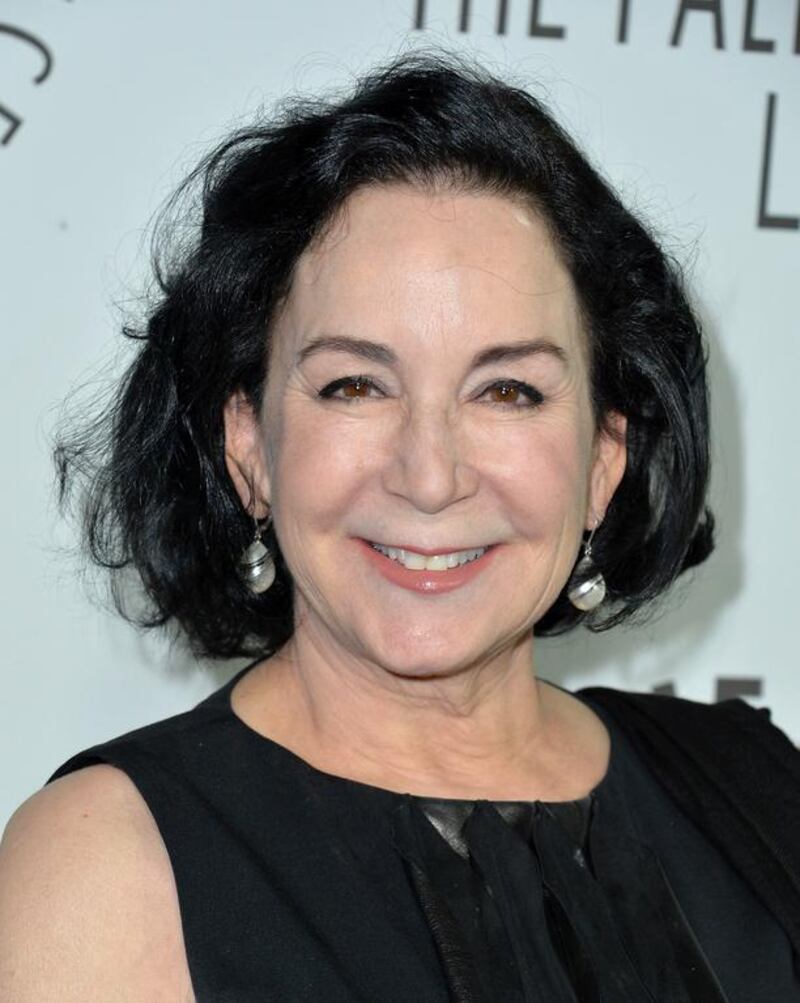Mary Buffett is the former daughter-in-law of Warren Buffett. The entrepreneur Ms Buffett – who has three adult children – studied her father-in-law's investment methods up close for 12 years while married to his youngest son, Peter, a musician and composer. She is writing her eighth book about the Oracle of Omaha's ways; the first, Buffettology, was published in 1997, co-written with David Clark. Here, she shares investment tips and her life story after speaking on Saturday at the Success Summit, at the Crowne Plaza Hotel in Dubai:
What was your first investment?
Warren would give us stocks at Christmas time as a gift. It sounds philanthropic but he didn’t have to pay tax on up to $10,000 per recipient. He gave us cash until he realised we just spent it. The first investment he gave us was in Coca-Cola, I think. Every year, every stock he gave us just kept going up. After that, whatever he gave us, I would buy more of it.
What was your early career?
I was a professional singer-songwriter in the studio with Phil Spector and then I was working with Columbia Records. By the time I was 19, I had landed a job as the managing director of Hugh Heffner’s music business companies. I met Peter through his sister and said I’d manage his career. We met at the end of 1979 and were married by 1981. I don’t think I would have been involved in finance and investment if it wasn’t for Warren; I was an entrepreneur at heart.
How did you learn Mr Buffett’s methods?
In 1980, no one really knew of Warren Buffett. I was fortunate; it was in that 13-year period he really made his biggest investments. The only thing I knew when I met Peter was that Warren owned Blue Chip Stamps and See's Candies. I couldn't help but learn: he's an intrinsic teacher. At his house in Omaha for the first time, I was upstairs looking at his library and he gave me Security Analysis (by Benjamin Graham and David Dodd and first published in 1934) to read. Re-reading each page four times, I got through it – then everything he talked about started making more and more sense.
Why did you start writing about his methods?
I divorced in 1993 and wound up a single mom back in Los Angeles, thinking “what am I going to do?” I don’t have Warren, I don’t have security. Peter’s attorney in divorce originally expected me to pay him support. I started writing a book for women in my situation. But while I had the qualitative analysis and psychology of Warren’s thinking, I didn’t have the quantitative ability to go through case studies of companies, so I called a friend, David Clark. It took us four years to write the first book.
What is the Warren Buffett method?
Buy companies that have consumer monopolies or are branded companies, that have great management. And have the discipline and patience to wait to buy them at the right price. Invest in what you know: that’s what Warren does. He knows consumer goods well – that people use them and have to buy them again.
What are your key investments today?
The majority of my portfolio is in Berkshire Hathaway. I believe the renewable sector – cleaner air and water, biofuels and solar power – is a really great investment. I’m constantly researching and reading, looking at different stocks. My portfolio has always been fairly small – fewer than 20 stocks.
Where is the market at today?
Bull markets tend to run longer and we’ve been in a bull market a long time. When recessions, corrections and bad news come, people tend to sell – that’s when the opportunity comes to buy.
How do you research a company?
Most of the companies in Warren’s portfolio are more than 100 years old. They have this great history and that’s what allows you to do analysis on the fundamentals. Are they sound? Do they have low debt? Can you reasonably predict what they will do in the future based on what they have done with their earnings in the past? How do they use their profits? Does the management have shareholders’ interests in mind? You’re buying a business, you’re not buying a stock, even if you’re buying one share.
How should people invest?
I tell my children to get in the habit of taking 10 to 15 per cent of every cheque they get and put it aside for investment. You don’t want to have more than 40 per cent of your portfolio in any particular stock. For those who don’t want to do the work, invest in an index fund like the S&P 500. It may not give a 20 per cent annual compound return but it will give between 8 and 10 per cent.
business@thenational.ae
Follow The National's Business section on Twitter





